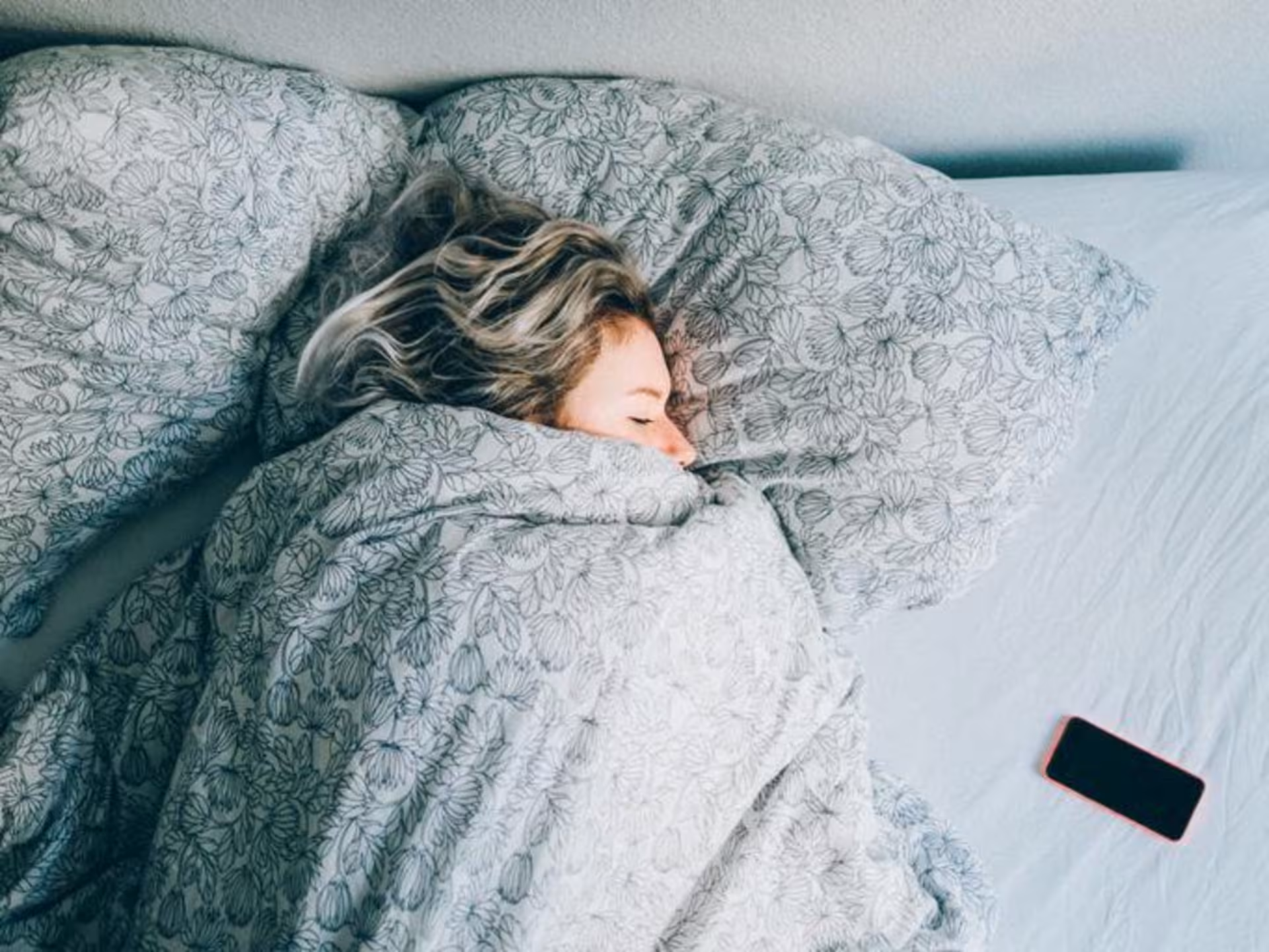Speak with a University Counselor today.
The views and opinions expressed in this article are those of the author’s and do not necessarily reflect the official policy or position of Grand Canyon University. Any sources cited were accurate as of the publish date.

Experts recommend adults sleep seven-to-nine hours a night (Olson, 2016). However, according to the CDC, more than 33 percent of American adults do not meet this criterion (Center for Disease Control and Prevention, 2016). On average, how much sleep do you get each night? Is technology getting in the way of your sleep? How many of the following can you answer yes to?
According to the National Sleep Foundation (n.d.), digital devices negatively impact our sleep because melatonin, the hormone that impacts sleep, is suppressed and the device keeps our brain awake and alert instead of slowing it down for the night. Furthermore, every time you wake up and check your device, you are waking your brain and thereby interrupting your sleep.
As students, you may think that you are being more “productive” by having your technological device near, but in fact, having a good night sleep will make it so that your brain is more rested and ready to work the next day. Here are some tips you can use for a restful night’s sleep without a digital device:
The College of Nursing and Health Care Professions helps students prepare for rewarding careers in the healthcare field. Learn more by visiting our website or contacting us using the green Request More Information button at the top of the page
References: